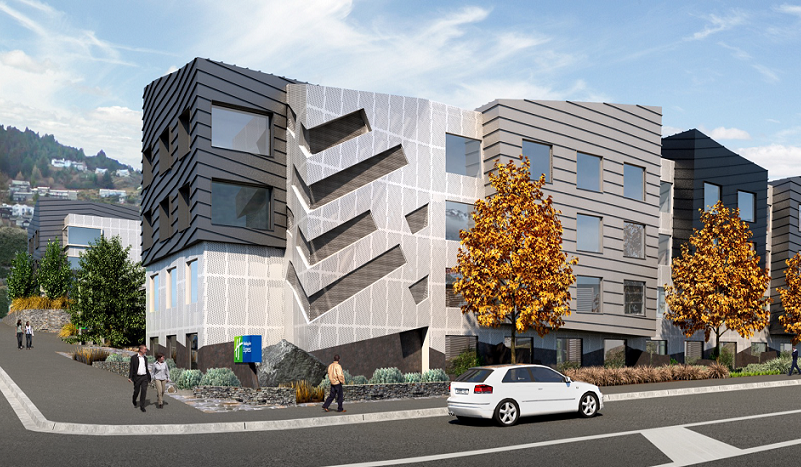Hotels Make Way for New Arrivals
Prime minister Scott Morrison has urged states to re-open borders in July as domestic and international arrivals fell to record lows.
Initial figures show bookings in the hotel sector have increased dramatically as travel restrictions eased however the trans-Tasman “travel bubble” and some state borders were yet to be re-opened.
Covid-19 has devastated the tourism industry with provisional arrivals falling 98.7 per cent in May compared to last year according to the Australian Bureau of Statistics.
There were only 19,400 overseas arrivals into the country, with Australian or New Zealand citizens accounting for 69 per cent of that total.
Meanwhile companies were forging ahead with trans-Tasman plans taking advantage comparatively low Covid-19 levels and their impact on the economy.
Australian property investment fund Centuria Capital Group reignited its bid to take over NZX-listed Augusta Capital Limited with an offer worth $122 million (NZ$130 million).
Private hotel investment group Pro-Invest also announced they were opening two new hotels Holiday Inn Express & Suites Queenstown in mid-July and Holiday Inn Express Sydney Airport in the third quarter of 2020.
Related: Domestic Travel May ‘Fully Replace’ International Tourism

The prime minister said he expects all state borders to be reopened in July with the possible exception of WA and international travel would slowly open.
“I’m very keen to see Australia's economy continue to reopen and the timetable for interstate travel set up by the three step process was for that to be able to be possible in July,” Morrison said.
“For people in New South Wales and Victoria, and I’ve got to say on a day like today, the ACT, I’m sure they’d like to see a bit of Queensland sunshine in July with their kids, a bit of West Australian sunshine too.
“You also know that I’m very much in favour of a safe travel zone between New Zealand and Australia...the tourism industry I think very much depends on that, in getting people back into work, no doubt about that.
“The aviation industry also critically depends on that.”
Related: Virgin, Corporate Covid-19 Casualty Seeks Investors
Arrivals in Australia: Covid-19 Travel Restrictions
| Country of citizenship | May 2019 | May 2020 | Change |
|---|---|---|---|
| New Zealand | 152,810 | 2,320 | -98.5% |
| India | 62,220 | 1,310 | -97.9% |
| China | 123,570 | 620 | -99.5% |
| UK | 52,270 | 540 | -99.5% |
| USA | 56,840 | 300 | -99.5% |
| Philippines | 23,010 | 250 | -98.9% |
^Source: Australian Bureau of Statistics - provisional estimates
Despite a low level of arrivals domestically an internationally, due to travel restrictions, the hotel sector was already reporting an increase in bookings compared April.
Pro-Invest chief executive officer Ronald Barrott said they reopened Holiday Inn Express Newcastle on the long weekend, fully booked.
The Australasia investment platform closed four hotels to upgrade health and safety procedures to comply with Covid-19 regulations.
“It’s not all doom and gloom for the hotel industry,” Barrott said.
“Houses and apartments rented out in the unregulated accommodation sector simply can’t offer such guarantees, so our industry has a great opportunity to recapture some of the lost market-share.
“We expect many short-term rental properties to return to long-term rental arrangements as a result of travellers’ concerns about hygiene and safety.”
Barrott said they also used the shut down time to upgrade the Newcastle hotel to 5-star NABERS energy rating with plans to do the same with Southbank Melbourne next year.
“Coronavirus may have captured the attention over the past three months, but climate change and the need for all industries to adapt will soon return as one of the highest priorities,” Barrott said.
“From an investment point of view, we believe that institutional investors will make sustainability an even higher priority in the future.”
















